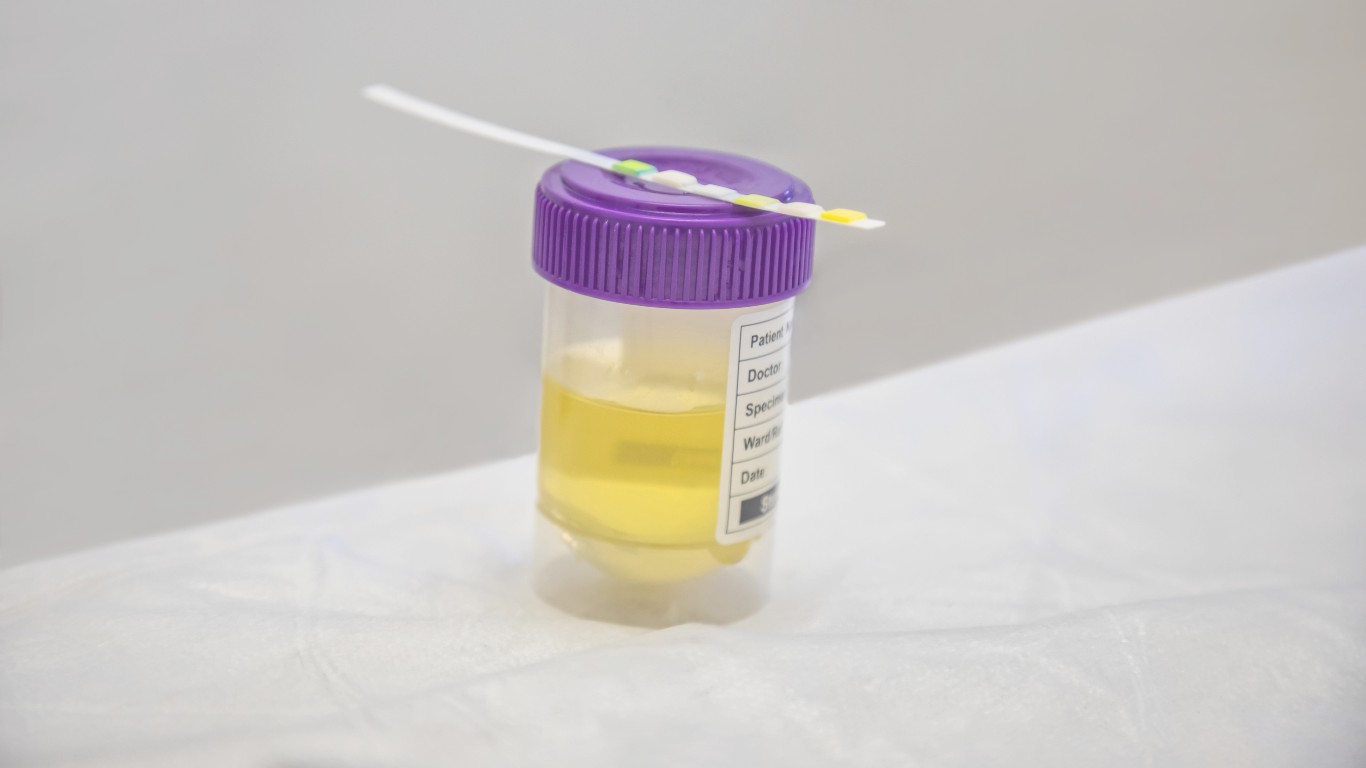Difference in Symptoms
“UTI” or Urinary Tract Infection is not a term that is new to our ears because we often hear women complain of having it. In fact, UTI is the 4th leading cause of morbidity in the Philippines according to the 2021 FHSIS Annual Report.
We know that UTI occurs when bacteria enter the body through the urethra and infect the urinary tract. However, Urinary Tract Infections can be categorized as uncomplicated and complicated, depending on the extent and severity of the infection. Proper diagnosis is crucial to proper treatment and the prevention of further complications.
Difference in Categorization
UNCOMPLICATED UTI
- Infection is confined in the bladder or lower urinary tract (also known as cystitis)
- Affects healthy, nonpregnant women and premenopausal women with normal/unobstructed genitourinary tract
- Other risk factors include:
- Previous UTI
- Frequent sexual intercourse
- Diabetes
- Obesity
- Certain birth control methods (diaphragm or spermicidal foam)
- Vaginal infection
COMPLICATED UTI
- Infection extends to the kidneys or upper urinary tract (also known as pyelonephritis) and presents other symptoms of illness
- Affects immunocompromised patients, patients with impaired renal function or with renal transplantation, patients with genitourinary abnormalities
- Other risk factors include:
- Older people
- Pregnancy
- Diabetes
- Antibiotic resistance
- Catheter usage
Difference in Symptoms
UNCOMPLICATED UTI SYMPTOMS
- Dysuria (painful/difficult urination)
- Urinary frequency and urgency
- Hematuria (presence of blood in urine)
- Suprapubic pain (lower abdomen)
COMPLICATED UTI SYMPTOMS
- Dysuria (painful/difficult urination)
- Urinary frequency and urgency
- Hematuria (presence of blood in urine)
- Suprapubic pain (lower abdomen)
- Fever
- Chills or rigors
- Nausea and vomiting
- Back and flank pain
Important Notes:
- The presentation of a combination of these symptoms is not an automatic indication of UTI. These symptoms, along with vaginal discharge and/or itching, may be a sign of different illnesses such as a yeast infection, sexually transmitted infection, or painful bladder syndrome. That’s why it is important to consult a physician to accurately identify your condition.
- Other patients do not present atypical symptoms of UTI. This is common for children and the elderly.
Symptoms of children include:
- Fever
- Crying during urination
- Foul-smelling and cloudy/bloody urine
- Refusal to eat
- Irritability
- Vomiting
Symptoms of the elderly include:
- Sudden change in behavior
- Fatigue/malaise/lethargy
- Confusion
- Dizziness
- Agitation/aggression
- Decreased appetite
Difference in Diagnosis
UNCOMPLICATED UTI DIAGNOSIS
- Urinalysis
- Urine Culture
- Antimicrobial Susceptibility Testing
COMPLICATED UTI DIAGNOSIS
Additional tests will be required such as some of the following:
- Imaging via Ultrasound or CT Scan
- CBC (Complete Blood Count)
- Blood Culture
- STD (Sexually Transmitted Disease) Testing
- Urodynamic Testing
An undiagnosed and misdiagnosed infection/illness is harmful to your health. Consult with your physician regularly and disclose your medical history truthfully for accurate diagnosis and treatment.
Difference in Treatment
UNCOMPLICATED UTI TREATMENT
- A 3-day course of prescribed oral antibiotics
- Topical hormone (estrogen) replacement – only for menopausal women who are allowed to undergo hormone therapy
COMPLICATED UTI TREATMENT
- Intravenous (IV) antibiotics
- A longer course of prescribed oral antibiotics
- Surgery for genitourinary abnormalities
Prevention of UTI
Some steps can be taken to prevent UTIs such as:
- Drink plenty of fluids
- Empty your bladder regularly
- Practice good hygiene
- Wipe from front to back
- Change menstrual pads every four hours
- Practice safe sex
- Urinate after sex or wash genitals with warm water
- Change your birth control method
- Use water-based lubricants
- Avoid douching
The correct identification of Urinary Tract Infections is important for proper treatment and management. Remember that some patients do not present typical symptoms of UTI, but that does not mean it should be ignored. Ignoring UTI may lead to more serious health complications. Book your consultation with Dr. Jennifer José to know your UTI treatment options at Pelvic Health & Intimate Wellness Center.





